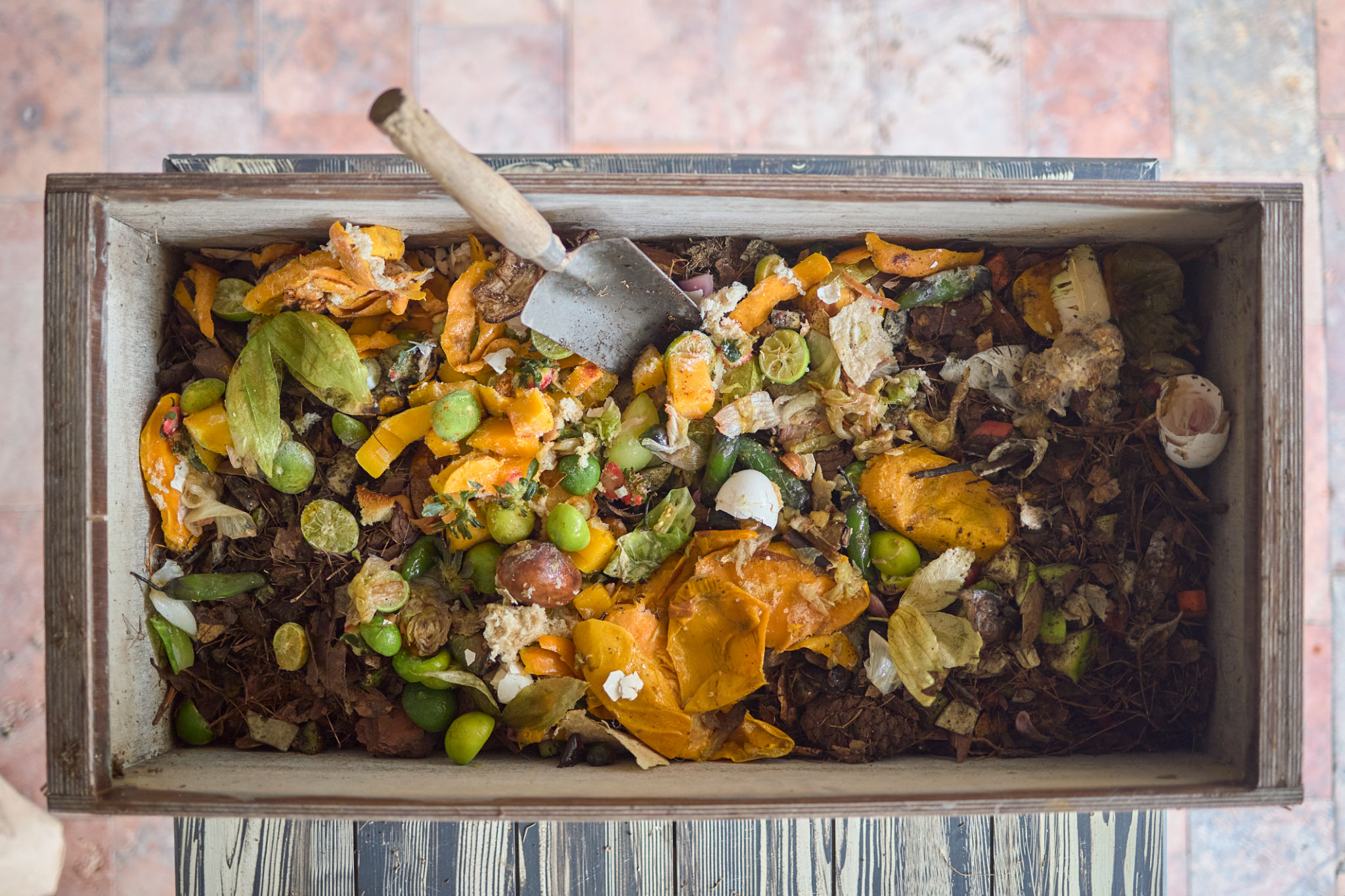Myth-Busting: Common Misconceptions About Waste Management in the Philippines
Understanding Waste Management in the Philippines
Waste management in the Philippines is a topic surrounded by many misconceptions. These misunderstandings often lead to ineffective practices and hinder the progress of sustainable solutions. By addressing these myths, we can better understand how to manage waste effectively and support environmental efforts in the country.

Myth 1: Waste Segregation is Only for Large Companies
One common misconception is that waste segregation is only necessary for large corporations or industries. This is not true. Waste segregation is crucial at every level, from individual households to businesses of all sizes. Proper segregation helps ensure that recyclable materials are not contaminated, making recycling more efficient and reducing landfill waste.
In fact, the Ecological Solid Waste Management Act of 2000 mandates waste segregation at the source, which includes households and small businesses. By participating in segregation efforts, everyone can contribute to a cleaner environment and a healthier community.
Myth 2: Recycling is Ineffective in the Philippines
Another myth is that recycling efforts in the Philippines are ineffective or unimportant. While challenges exist, such as limited infrastructure and public awareness, recycling remains a vital component of waste management. Local governments and private organizations have initiated numerous programs to improve recycling processes and facilities.

Efforts to enhance recycling include setting up materials recovery facilities (MRFs) in communities and conducting educational campaigns to raise awareness about the importance of recycling. These initiatives are making a significant impact by reducing waste and conserving resources.
Myth 3: All Biodegradable Waste is Harmless
There's a belief that all biodegradable waste is harmless and can be discarded without concern. However, improper disposal of biodegradable waste can lead to environmental issues. For instance, when biodegradable waste decomposes in landfills without sufficient oxygen, it can produce methane, a potent greenhouse gas.
Composting is an effective way to manage biodegradable waste responsibly. By converting organic waste into compost, individuals and communities can reduce methane emissions and enrich soil, supporting sustainable agriculture practices.

Myth 4: Waste Management is Solely the Government's Responsibility
Many people assume that waste management is solely the government's responsibility. In reality, effective waste management requires collaboration between government agencies, private sectors, and citizens. Local governments provide infrastructure and regulations, while businesses and individuals must adhere to guidelines and participate actively in waste reduction practices.
Community involvement is critical for successful waste management. Participating in local clean-up drives, advocating for responsible consumption, and supporting policies aimed at sustainability can create a collective impact that benefits everyone.
The Path Forward
By debunking these myths about waste management in the Philippines, we can foster a more informed and proactive approach to tackling waste issues. Understanding the realities of waste management helps us make better decisions, from reducing consumption to participating in recycling and composting efforts.
Together, through education and collaboration, Filipinos can work towards a more sustainable future where waste is managed effectively, benefiting both the environment and society as a whole.
